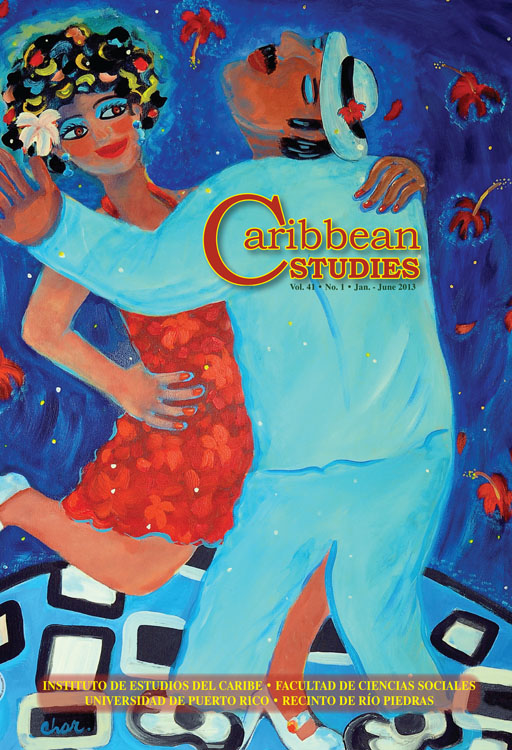Abstract
This article reviews the conflict about the use of public space by folkloric dancers performing in the historical center squares of Cartagena city, in the Colombian Caribbean. It documents the persistence of historical tensions surrounding blackness in the construction of the city‘s identity, as well as its variations in the production of the city as touristic destination. The article explains the dancers‘ battles for their right to work and represent their cultural legacy as a struggle over the meaning of Cartagena and its cultural identity, against the images promoted by historical discourse and the touristic industry. Based on "corporeal feminism," works on Caribbean identities, and dance studies, it highlights the role of "bodily consciousness" in Caribbean identity, illustrating how bodies carry and enact the memory of its excluded fragments. The public bodies of these dancers call into attention alternative practices of agency and citizenship, by way of which marginalized subjects localize themselves and negotiate their belonging to a national project that, despite its allegedly pluralistic politics, they recognize and expose as excluding.Downloads
Download data is not yet available.

